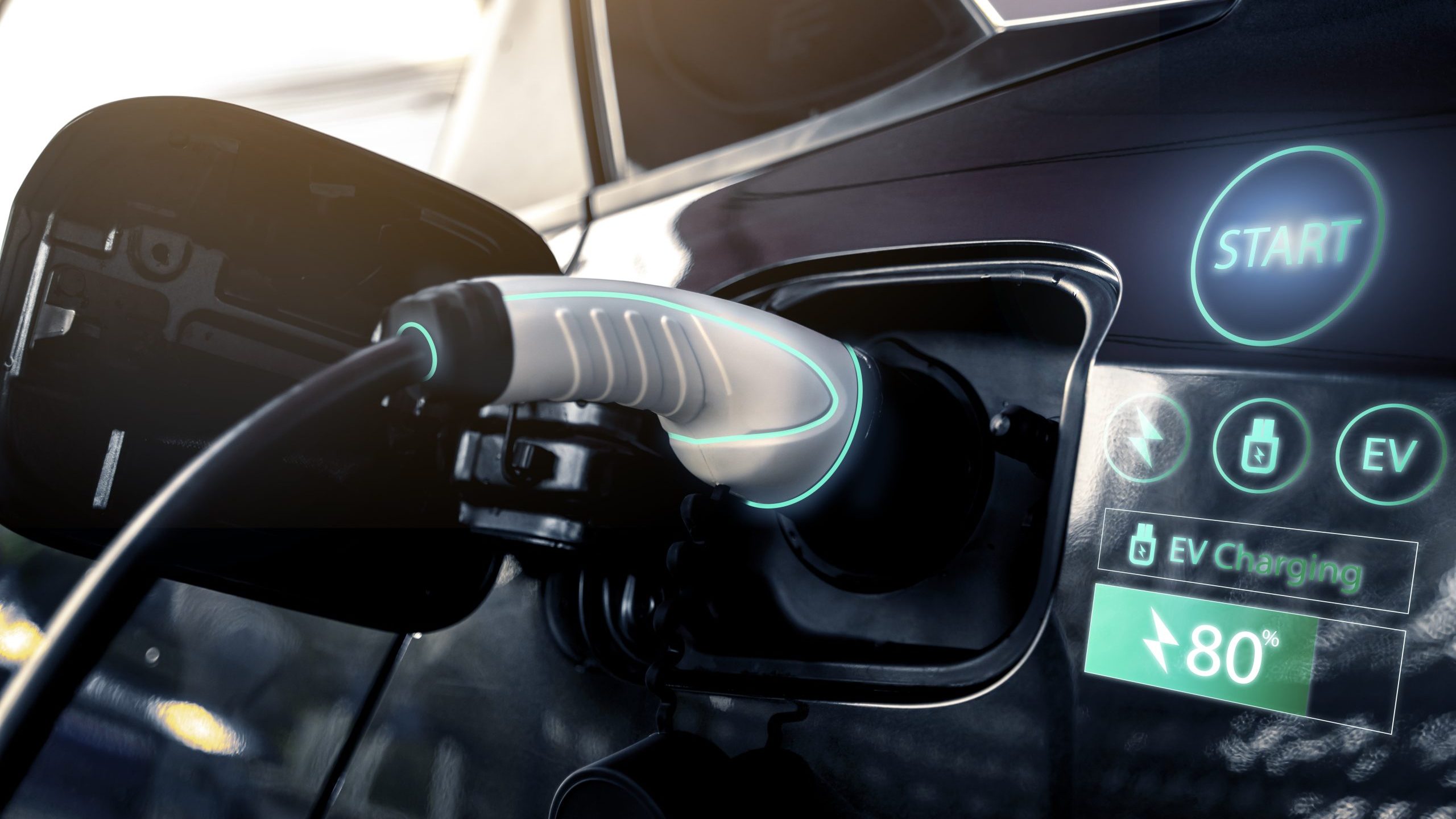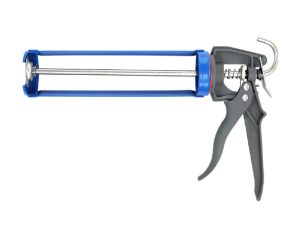Silicone materials transform recharging infrastructure
Advances in silicone materials for electric vehicle charging stations
The rapid growth of electric vehicles (EVs) has initiated a major shift in the transport sector, with a focus on sustainability and energy efficiency. As the EV market grows, so does the need for a robust charging infrastructure. In response, Dow, a world leader in materials science, has developed a range of innovative silicones specifically designed for EV charging infrastructure. This article examines the challenges and opportunities of EV charging infrastructure and how Dow’s silicone technology addresses them.
Challenges and opportunities in EV charging infrastructure
The transition to EVs poses several challenges for charging infrastructure, including:
-
- Charging speed: EV drivers demand fast and convenient charging solutions, comparable to traditional refuelling times.
- Safety: Charging stations must adhere to strict safety standards to prevent the risk of fire or electric shock.
- Compatibility: Charging equipment must be compatible with a variety of EV models to ensure seamless integration.
- Reliability: Reliability is essential to maintain consumer confidence in EV technology and infrastructure.
- Efficiency: Charging solutions must minimise energy losses and optimise power supply.
These challenges represent significant opportunities for innovation in materials science, particularly in the development of advanced silicones.

Dow’s silicone technology: an intelligent and sustainable recharging infrastructure
Dow is at the forefront of innovative silicone-based solutions for OEMs and automotive electronics suppliers, enabling smart and sustainable advances in transportation. Thanks to its expertise in materials science, Dow has developed silicones adapted to various components of the EV charging infrastructure, such as :
-
- Thermal management materials: Silicone sealants, adhesives and encapsulants dissipate heat generated during charging, ensuring equipment longevity and reliability.
- Protection and assembly materials: Silicone sealants and coatings protect sensitive electronic components from environmental contaminants, ensuring durability and safety.
- Elastomers: Silicone elastomers provide flexibility and resilience to components such as charging cables and enclosures, improving their performance and longevity.
Applications of Dow’s silicone materials in EV charging infrastructure
Dow silicones are used in various components of the EV charging infrastructure, including:
-
- Charging Stations: Silicone sealants and adhesives provide robust bonding and sealing solutions for charging station housings, protecting against environmental elements and maintaining structural integrity.
- Charging cables: High-consistency silicone rubbers provide insulation and flexibility, withstanding high voltages and temperature variations.
- Power electronics: Thermally conductive silicone compounds improve heat dissipation in power electronic components, increasing efficiency and reliability.
Conclusion
The electrification of transport represents a major shift towards sustainable mobility, requiring advanced charging infrastructure. Dow’s silicone technology is crucial to meeting the challenges of EV charging, offering innovative solutions that emphasise safety, efficiency and reliability. As the EV market continues to evolve, Dow remains committed to driving innovation and collaboration to further the adoption of electric vehicles.
Need equipment?
Samaro has you covered!
Here is a selection of equipment to meet the needs of the DOW (Sylgard) – DOWSIL products :
Single-component manual gun |
||||||
Designation |
Capacity |
Maximum thrust |
Trigger Ratio |
Product viscosity |
Weight |
|
 |
MidiFlow™ Cartridge | Cartridge 310 ml 400 ml |
1,5 kN | 10:1 | Low to medium | 600 g |
 |
PowerFlow™ Cartridge | Cartridge 310 ml |
2,5 kN | 12:1 | Medium to high | 750 g |
Single-component pneumatic gun |
Pneumatic pressure | |||||
 |
AirFlow™ III Cartridge |
Cartridge 310 ml 400 ml |
1,5 kN | 6,8 bar max | Low to medium | 600 g |